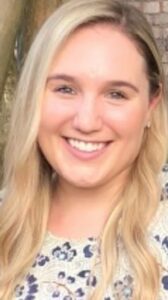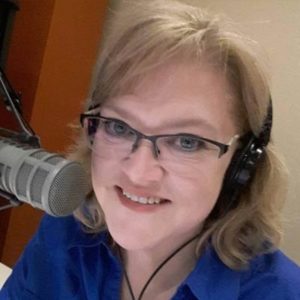Gov. Bruce Rauner today signed HB 313, which will grant greater authority to registered and licensed nurses in administering health services and lift burdensome licensing regulations.
“This will empower nurses to administer the services that they are fully equipped and educated to perform,” said Gov. Rauner. “I’m happy that Illinoisans across the state will be able to rely more on highly qualified and skilled nurses to deliver care when access to a physician may be inhibited due to costs or geographic barriers.”
After the successful completion and notarized attestation of 250 hours of continuing education or training, and at least 4000 hours of clinical experience working with a physician or in a hospital, advance practice registered nurses would qualify for full practice authority. For example, APRNs will now have ability to prescribe certain controlled medications. The expansion of nursing practice authority aligns Illinois with the policies of 25 other states. Furthermore, the overall modernization of this law will increase regulatory efficiency and decrease licensing processing times.
“These men and women have completed extensive training and are already performing lifesaving services for Illinoisans,” Sen. Iris Martinez (D-Chicago) said. “It is only fair that they should be granted full authority over their practice.”
“Extending full practice authority to advanced practice nurses is a commonsense approach to address the growing shortage of doctors, especially in rural areas,” Sen. Heather Steans (D-Chicago) said. “This legislation includes safeguards to protect patients and ensures that advanced practice nurses have extensive clinical experience before they are given full practice authority. With this new law, Illinois joins over 20 states that have already granted full practice authority to advanced practice nurses.”
Illinois has many outstanding nursing education programs, and HB 313 will allow nurses to more fully utilize their educations to the benefit of all Illinois residents.
HB 313 received wide support from the healthcare community, nursing associations, and legislators.










